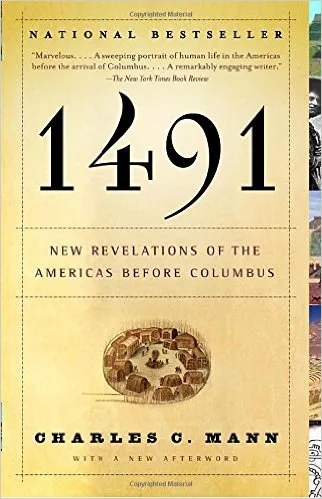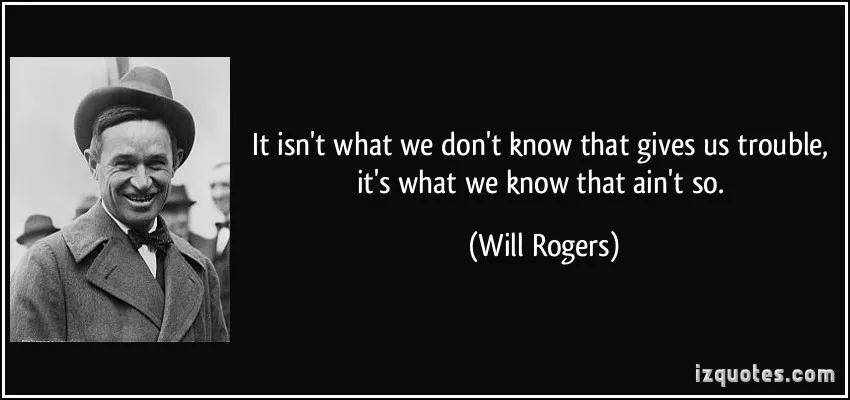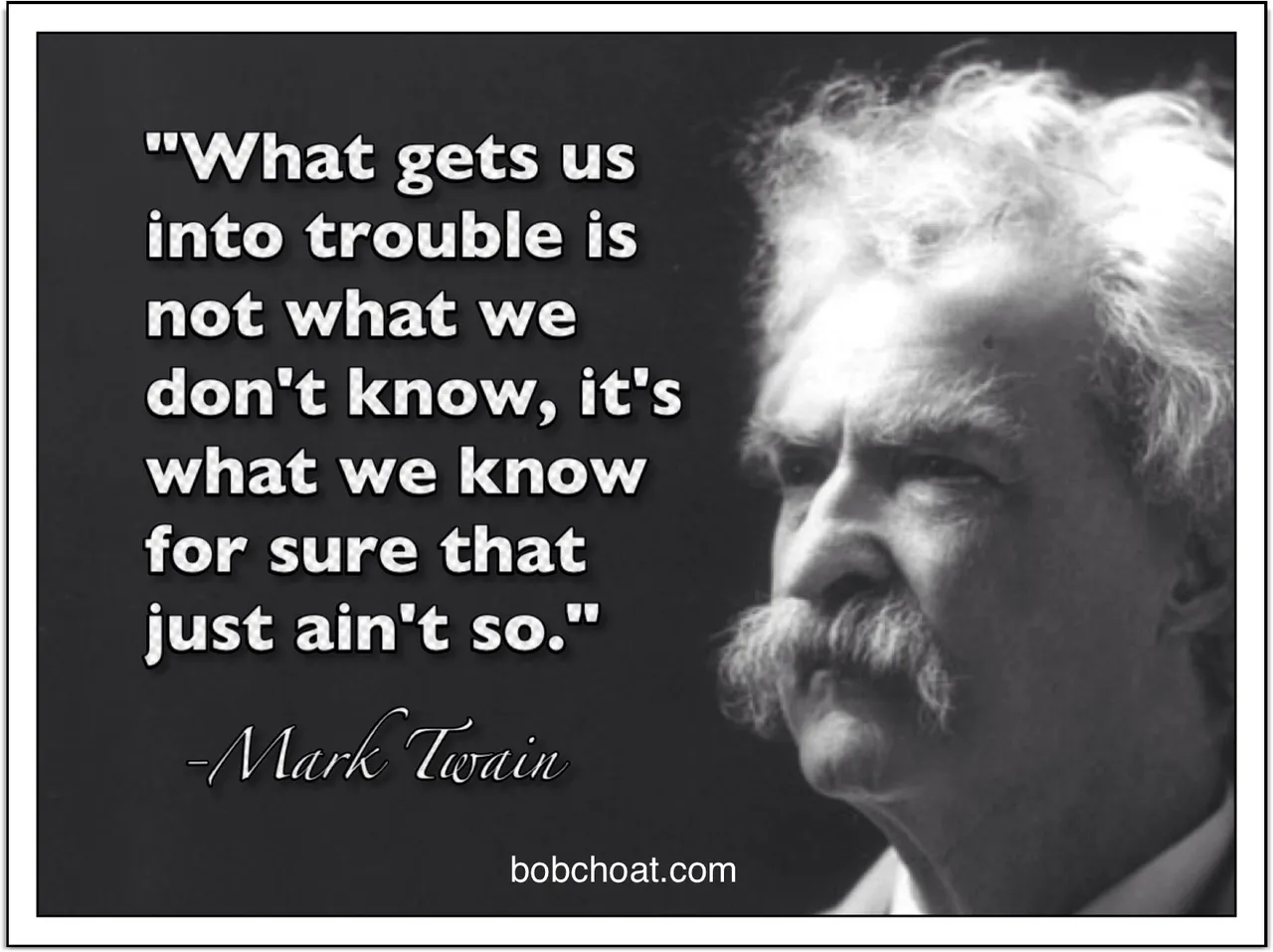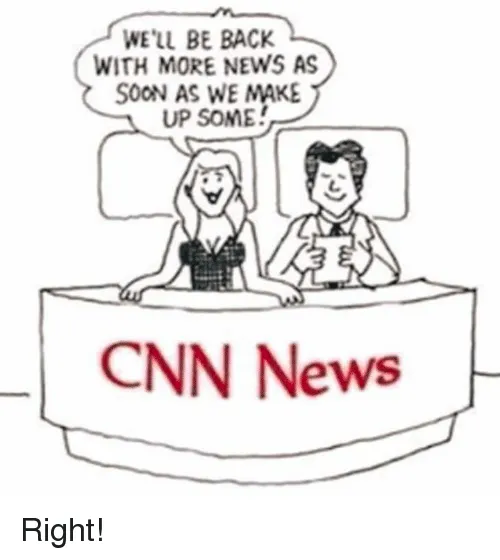
At least the history taught in government school is.
........................................................................................................................................................................
The Myth of the Robber Barons
- It is a staple of history books to attach this derogatory phrase to such figures as John D. Rockefeller, Cornelius Vanderbilt, and the great nineteenth-century railroad operators — Grenville Dodge, Leland Stanford, Henry Villard, James J. Hill, and others. To most historians writing on this period, these entrepreneurs committed thinly veiled acts of larceny to enrich themselves at the expense of their customers. Once again we see the image of the greedy, exploitative capitalist, but in many cases this is a distortion of the truth.
.
As common as it is to speak of "robber barons," most who use that term are confused about the role of capitalism in the American economy and fail to make an important distinction — the distinction between what might be called a market entrepreneur and a political entrepreneur. A pure market entrepreneur, or capitalist, succeeds financially by selling a newer, better, or less expensive product on the free market without any government subsidies, direct or indirect. The key to his success as a capitalist is his ability to please the consumer, for in a capitalist society the consumer ultimately calls the economic shots. By contrast, a political entrepreneur succeeds primarily by influencing government to subsidize his business or industry, or to enact legislation or regulation that harms his competitors.
.
In the mousetrap industry, for instance, you can be a market entrepreneur by making better mousetraps and thereby convincing consumers to buy more of your mousetraps and less of your competitors', or you can lobby Congress to prohibit the importation of all foreign-made mousetraps. In the former situation the consumer voluntarily hands over his money for the superior mousetrap; in the latter case the consumer, not given anything (better) in return, pays more for existing mousetraps just because the import quota has reduced supply and therefore driven up prices.
Also see:

1491: New Revelations of the Americas Before Columbus
for another example of what we think we know ain't so.

and yet
more
one more thing
The Solutrean hypothesis is always fun




